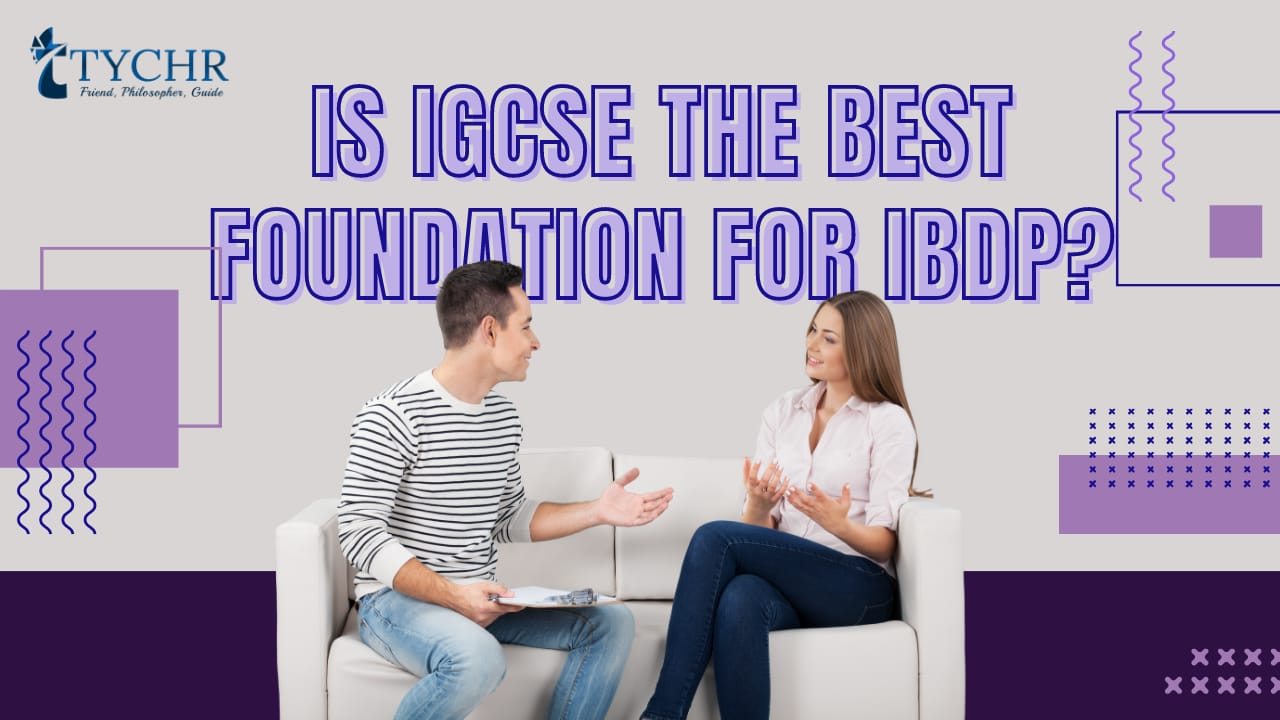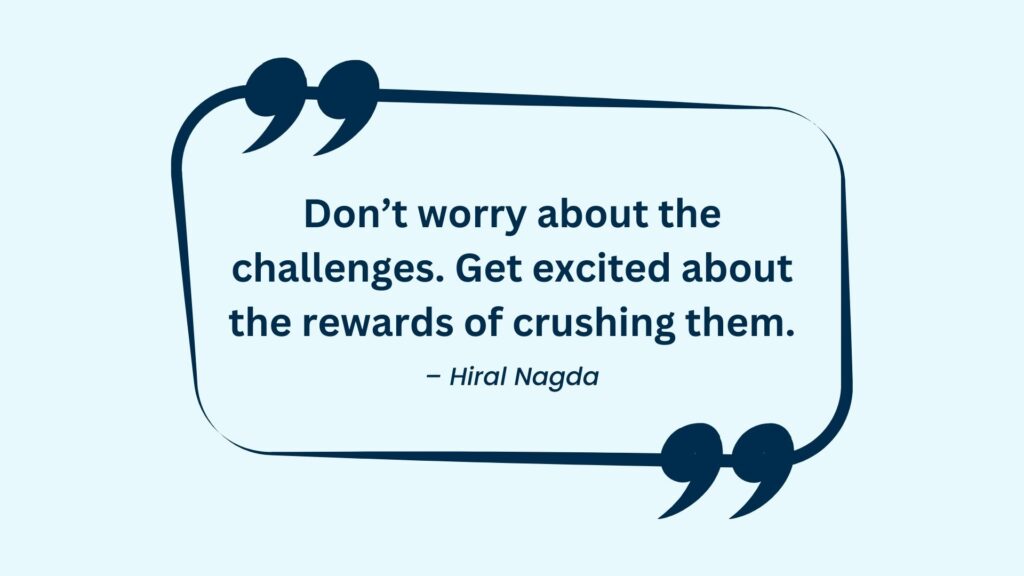The International General Certificate of Secondary Education (IGCSE) and the Middle Years Programme (MYP) are both well-respected international curricula offered by the International Baccalaureate (IB) organization. Both IGCSE & MYP are considered to be strong foundations for the IB Diploma Programme (IBDP), but they differ in terms of their focus and approach to learning.
The IGCSE is a two-year program for students aged 14-16 and is designed to prepare students for the final years of secondary education, including the IBDP. It is a rigorous academic program that focuses on preparing students for academic success by developing their critical thinking and problem-solving skills. The IGCSE curriculum is based on the National Curriculum of England, and students take exams in a wide range of subjects, including mathematics, science, languages, and humanities.
On the other hand, the MYP is a five-year program for students aged 11-16 and is designed to be a holistic approach to education. It covers eight subject groups, including languages, mathematics, science, arts, physical education, design, individuals and societies, and technology. It is focused on developing the whole student by encouraging critical thinking, intercultural understanding, and personal responsibility. The MYP emphasizes on the development of the student’s ability to think critically, make connections across subjects, and take action in the community. This holistic approach helps students to develop a more well-rounded set of skills and knowledge that will be beneficial to them throughout their education and beyond. Here are some reasons why MYP is a better foundation for the IBDP:
- The MYP is more closely aligned with the IBDP curriculum. The MYP is designed to be a natural progression from the PYP (Primary Years Programme) to the DP (Diploma Programme). It is built on the same philosophy and values as the PYP and DP, and the curriculum is designed to prepare students for the rigors of the DP. This alignment allows for a smoother transition for students from the MYP to the DP, as they will already be familiar with the IB’s approach to learning and assessment.
- The MYP is more flexible than the IGCSE for IBDP. The MYP allows students to choose from a wide range of subjects and encourages them to explore their interests. This flexibility allows students to tailor their education to their individual needs and interests, which can lead to increased engagement and motivation. In contrast, the IGCSE is more academically focused and students are required to take exams in a wide range of subjects, which may not be as well-suited to their individual needs and interests.
- Finally, the MYP encourages students to take action in their communities. This service learning component of the MYP encourages students to apply their learning to real-world problems and to take action to make a positive impact in their communities. This emphasis on social responsibility helps to develop well-rounded, empathetic, and engaged citizens who are better prepared to make a positive impact in the world.
- As for the assessment,
- The MYP uses a criterion-related assessment system, which is also used in the IBDP. This assessment system is based on predefined criteria, which are clear and explicit, and students are assessed against them. This system allows for a more accurate and fair evaluation of student performance, as it ensures that students are being assessed against the same standards, regardless of their teacher or school.
- The MYP uses a combination of formative and summative assessment. Formative assessment is used to provide ongoing feedback to students, while summative assessment is used to evaluate student performance at the end of a unit or course. This combination of assessment methods allows for a more comprehensive evaluation of student performance, as it takes into account both the student’s progress over time and their performance at the end of a unit or course.
- The MYP encourages self-assessment. The MYP encourages students to take responsibility for their learning and to reflect on their progress. This self-assessment component of the MYP helps students to develop a better understanding of their strengths and weaknesses and to set goals for their learning. Furthermore, self-assessment is an essential skill for success in the IBDP, as it is important for students to be able to reflect on their learning and to take responsibility for their progress.
- The MYP assessment system is also designed to be flexible and adaptable to the needs of individual students. The MYP allows for a wide range of assessment methods, including written tests, oral presentations, practical work, and projects, among others. This flexibility allows for a more individualized approach to learning, as it allows students to be assessed in a way that best suits their needs and learning style.
- The MYP also has Internal Assessments (IA) as part of its assessment process. IA’s are a requirement for all MYP subjects and are designed to provide students with opportunities to explore and deepen their understanding of the subject, and to apply their knowledge and skills in a real-life context. The internal assessments are completed by students under the supervision of their teachers and are marked by the teachers themselves. These assessments are based on the MYP assessment criteria, which are aligned with the learning objectives of the subject, and are designed to evaluate student understanding, skills, and application of knowledge. The Internal assessments are usually conducted in the form of research projects, investigations, practical work or other forms of self-directed learning.
In conclusion, the IB MYP is considered a better foundation for the IBDP than the IGCSE for several reasons. The MYP is a holistic approach to education, more closely aligned with the IBDP curriculum, more flexible, and encourages students to take action in their communities. This holistic approach helps students to develop a more well-rounded set of skills and knowledge that will be beneficial to them throughout their education and beyond. Furthermore, MYP prepares students for the rigors of the DP and encourages them to explore their interests which leads to increased engagement and motivation. It is essential for students and their families to carefully consider which program best fits their needs and learning style before making a decision.
All the best!











